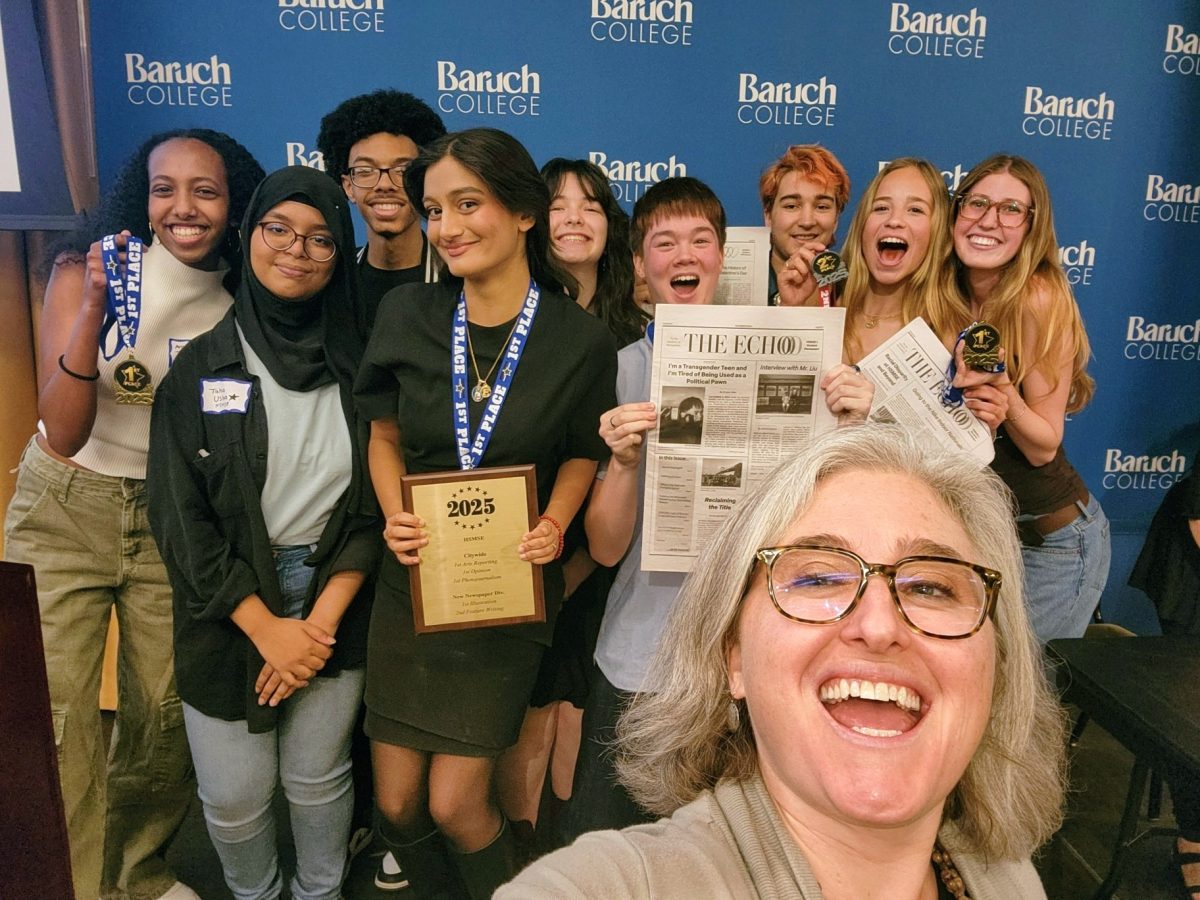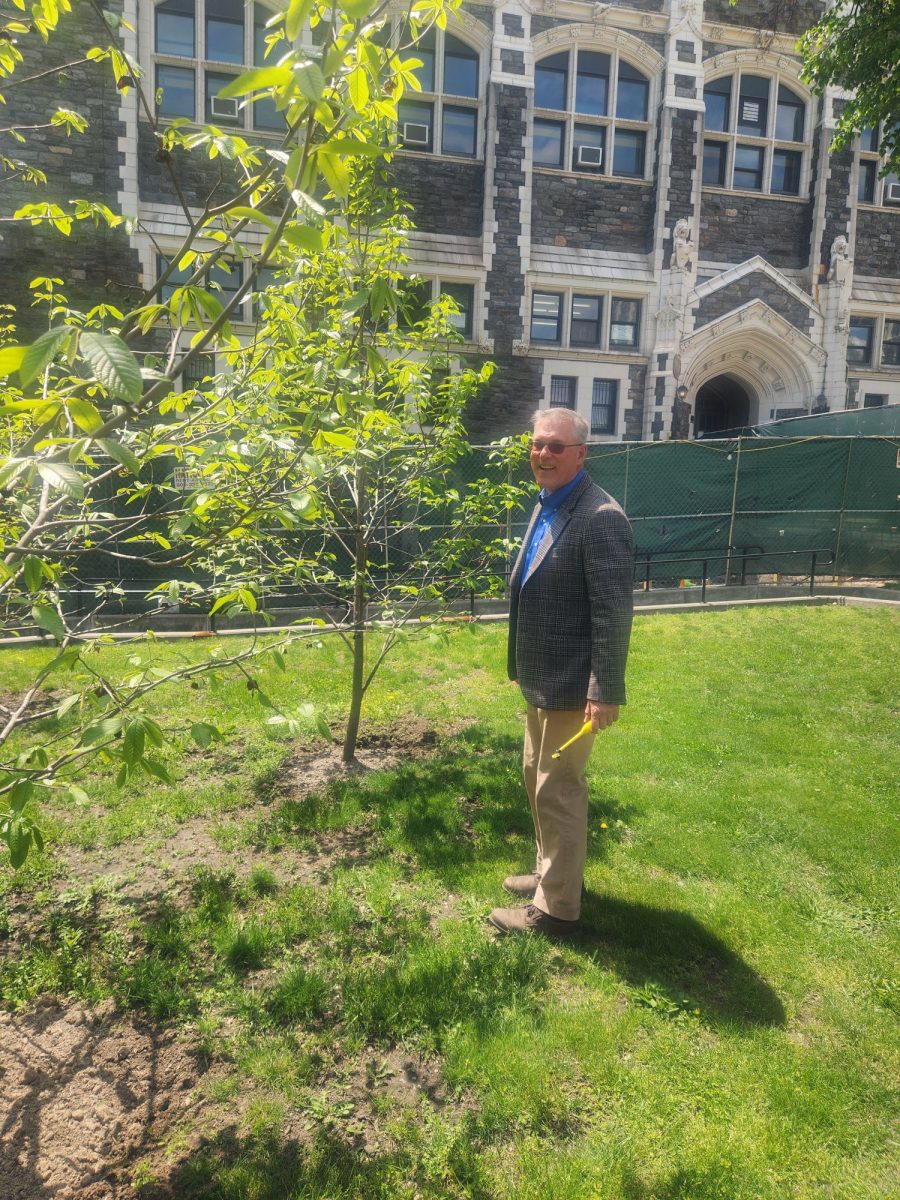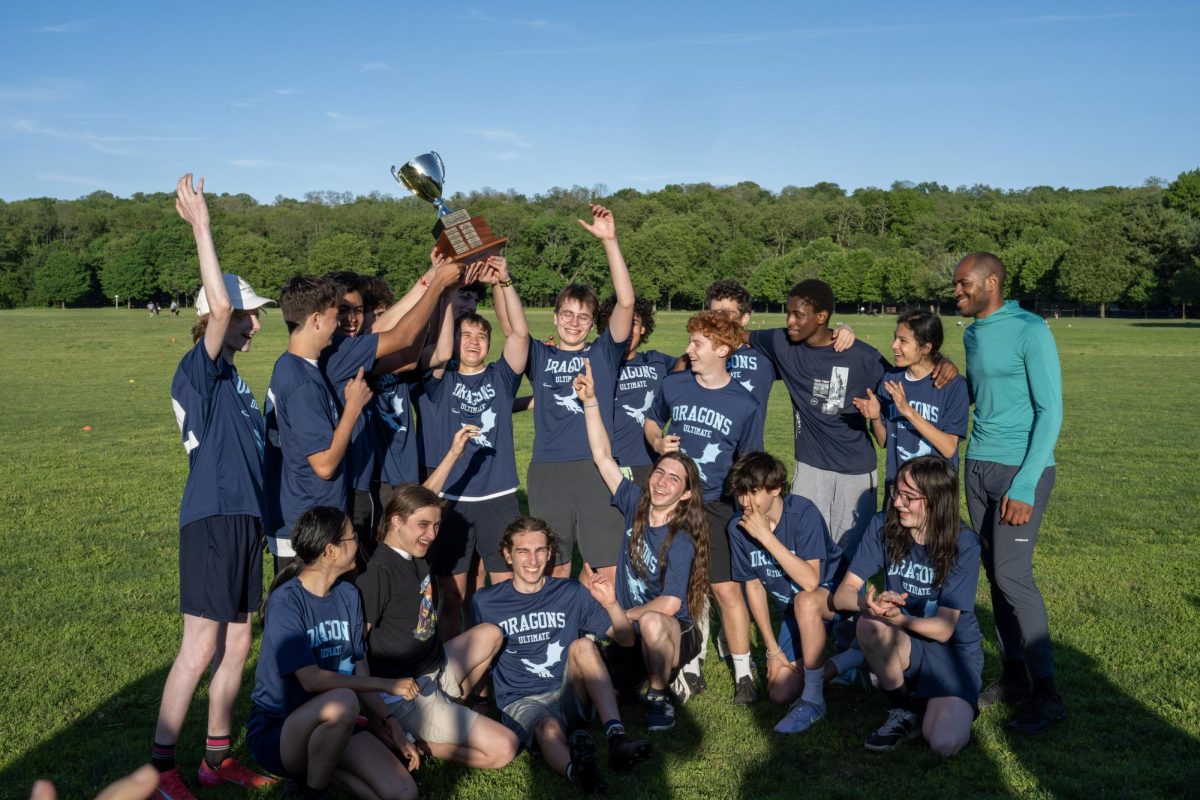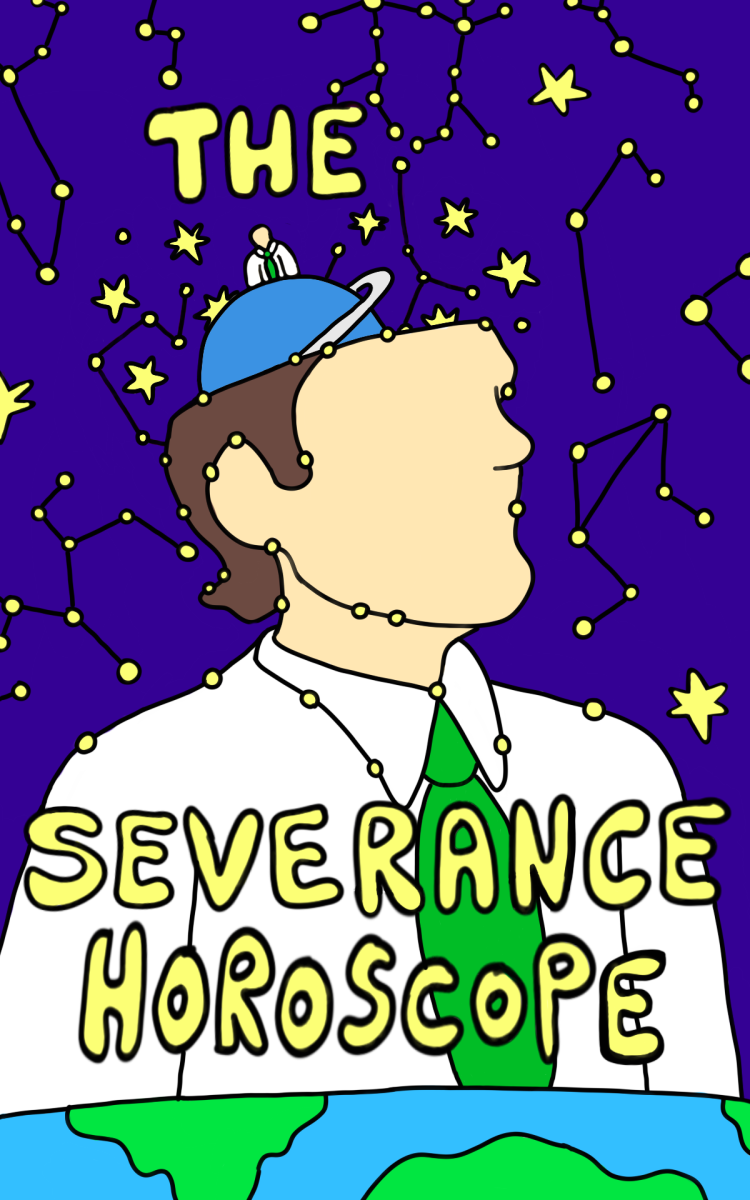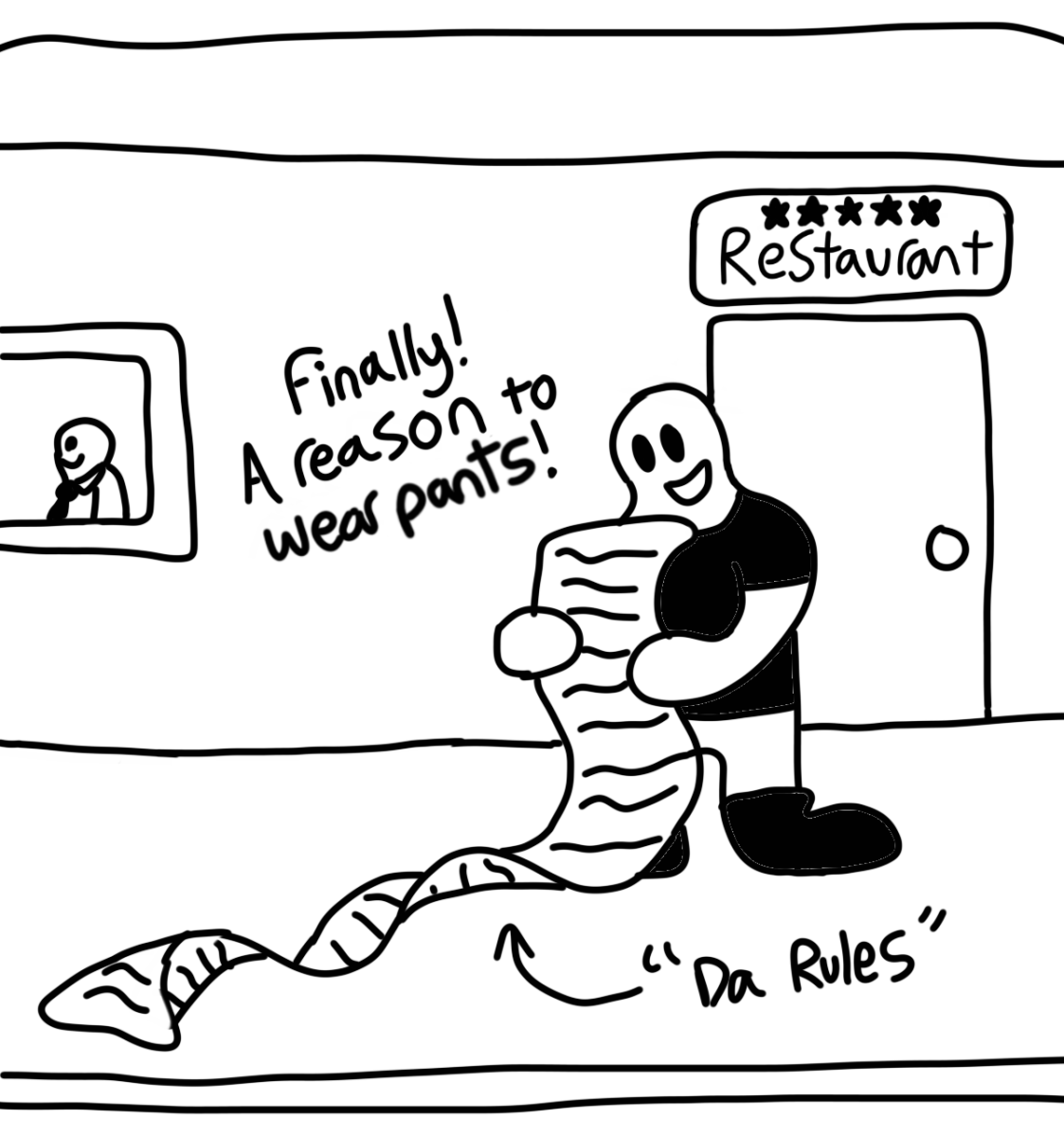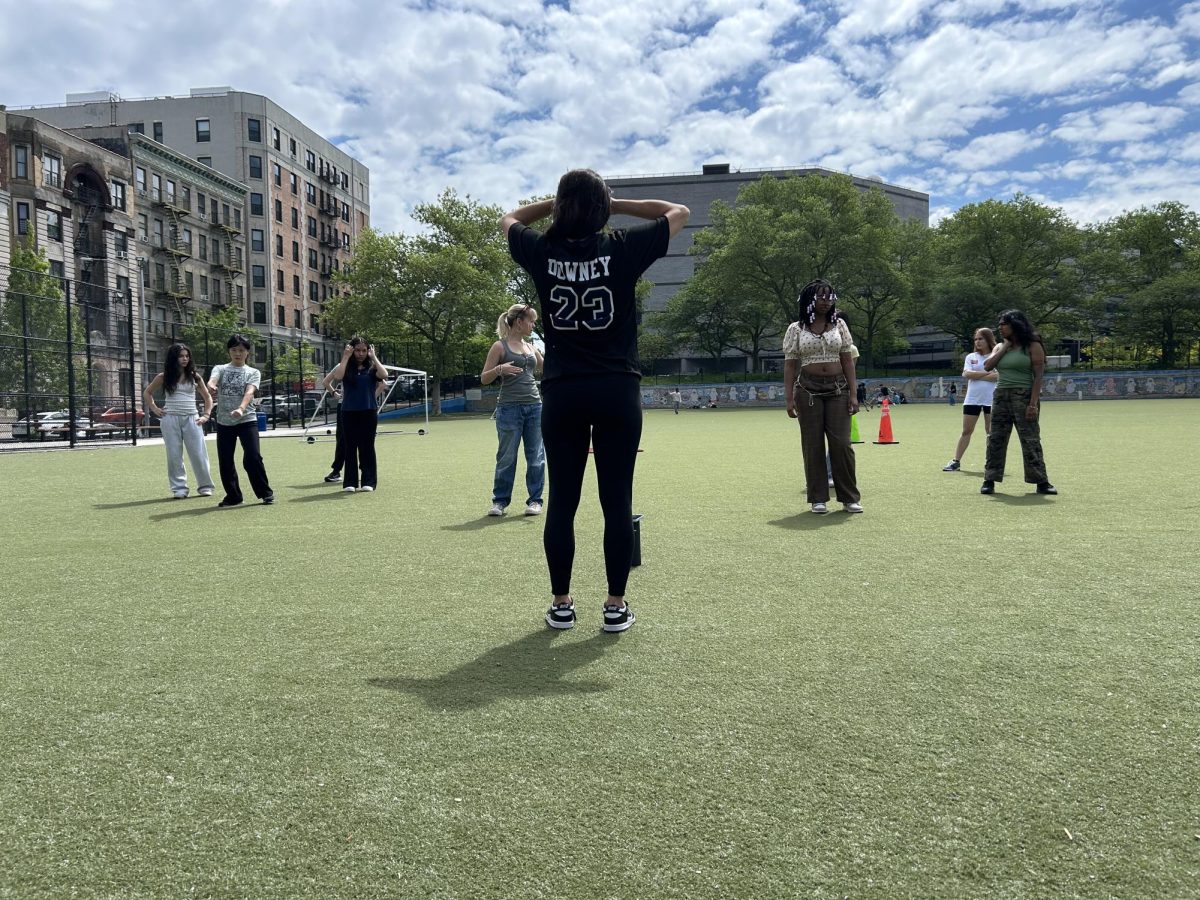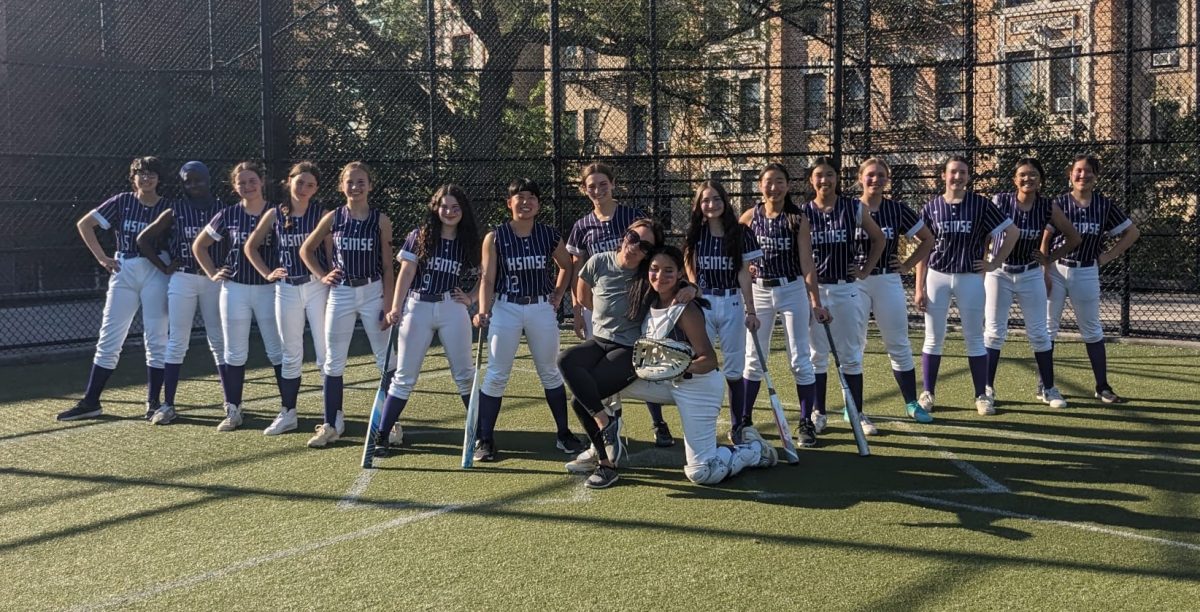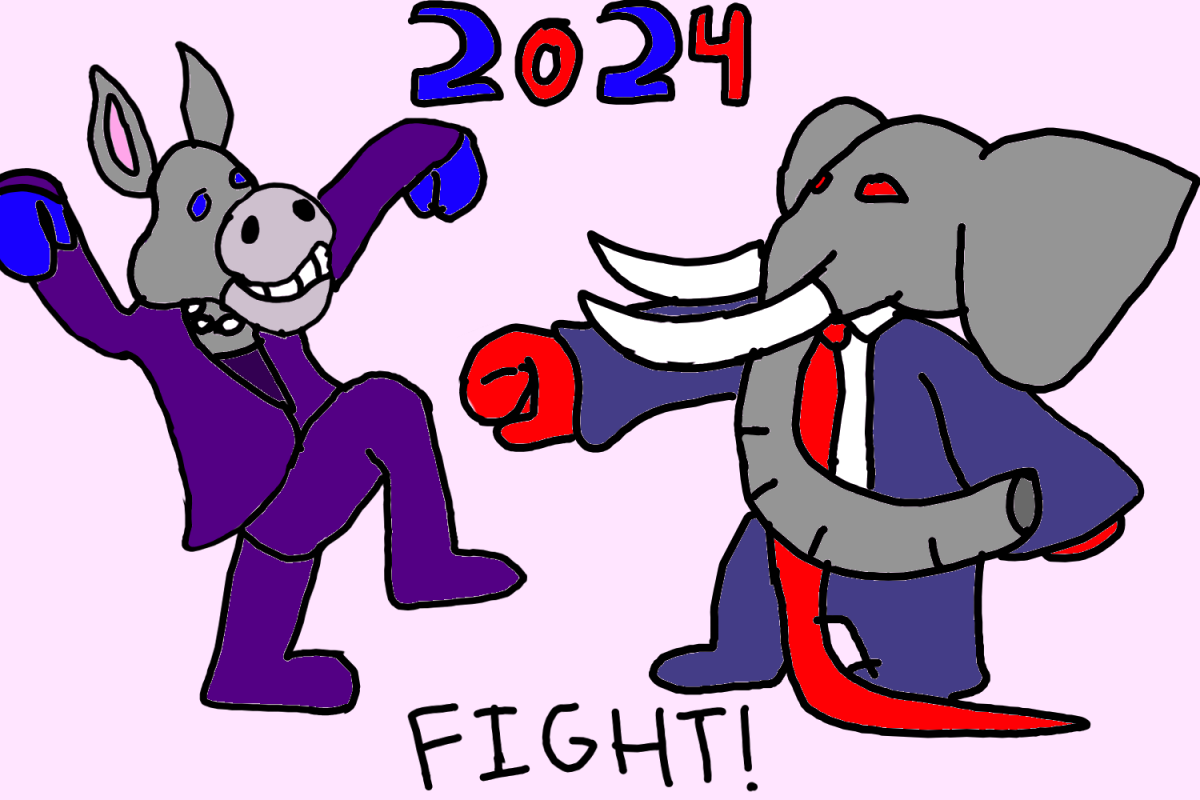Gen Z is a politically active generation—how could we not be? We’ve grown up in the midst of one of the most divisive elections in our country’s history, a global pandemic, monumental policy changes, and an onslaught of school shootings. We’re also an incredibly diverse generation; in fact, we’re the most racially and ethnically diverse generation America’s ever seen. Our shared experiences make us passionate advocates for progress, and our individual backgrounds make our approaches and stances varied. So while sharing our views on the broader flaws of our nation is usually empowering, conversations about our priorities and opinions can get heated.
Most people are uncomfortable around conflict, so they try to resolve it by winning, conceding, or, worst of all, avoiding it. Forcing one’s point on another person, agreeing just to alleviate the discomfort, and sheltering ourselves are harmful responses, but it often feels like we have to employ them for the sake of our sanity. According to a 2020 survey by the Pew Research Center, the majority of Trump and Biden supporters reported having few to no friends who support the other candidate. Political factions normally compete and negotiate, but this level of polarization is damaging: It increases distrust and animosity while decreasing compromise and progress. We desperately need people to branch out of their factions or we’ll be stuck in a political stalemate.
This is easier said than done. Branching out requires a lot of emotional awareness, respect, and active listening; sometimes, it seems impossible. But Supreme Court Justices Ruth Bader Ginsburg and Antonin Scalia are a stellar example of a mutually beneficial bipartisan friendship. Ginsburg and Scalia were political polar opposites, but close friends outside of the courtroom. After Scalia’s passing in 2016, Ginsburg gave a eulogy that explored the strength of their friendship through many political disagreements. Specifically, she referenced the Supreme Court case United States v. Virginia, which determined the Virginia Military Institute’s (VMI) exclusion of women to be unconstitutional. The decision was 7–1, with Ginsburg leading the majority and Scalia being the sole dissenting justice. Ginsburg shares that as she was preparing to leave the court, Scalia came into her office. She recalls him saying: “‘Ruth, this is the penultimate draft of my dissent in the VMI case. It’s not yet in shape to circulate to the Court, but I want to give you as much time as I can to answer it.’” She notes that her “final draft was much improved thanks to Justice Scalia’s ‘searing criticism.’” She also shared a quote he gave when interviewed about their relationship: “‘I attack ideas. I don’t attack people. Some very good people have some very bad ideas.’” She laughs to herself, and goes on to share about the playful parts of their friendship: from countless excursions to the opera to Scalia’s “discerning” taste in rugs.
Some may argue that this a moot example: America’s facing an unprecedented level of political polarization. But there is evidence to suggest that today’s divide wasn’t driven by the ideology of the people. Stanford political scientist Morris Fiorina gave an interview to Stanford Report, expressing that while politicians and parties have become extremist in their policies, the public has remained largely moderate. He cites a Voice of the People survey, which found that “more than 200 policy positions [from Birth Control and Abortion to Immigration] … elicit support from majorities of both Republicans and Democrats.” This dissonance between the American public and the government, he says, also explains why we see the Senate and executive branch “flip-flopping” every election. When a party wins the presidential election or Congress, they take it as a sign that they can implement their entire agenda; but over the course of their term, moderates grow upset, and so they vote the other way in the next election. So if most Americans are moderates, why do we feel this divide? Politicians often perpetuate extremist ideas about the opposing party to gain votes; fear of a common enemy is an incredibly effective way to unify people. Such claims about the other side dissuade people from branching out, so the stereotypes aren’t quelled.
As American citizens, our political ideologies are intertwined with our consciences, so it’s hard to justify being friends with someone that you consider to be committing moral wrongdoings. But this outlook is flawed. I wouldn’t suggest trying to maintain a toxic friendship no matter what beliefs the other person holds: If you are consistently leaving interactions feeling worse about yourself, it’s not just an issue of political differences. But if the relationship brings you joy, it’s both beneficial and important to have respectful political disagreements. Keep in mind that what you put in is what you’ll get out; you can’t expect respect and compassion if you enter the conversation with judgment. Try establishing ground rules before the discussion: no one cuts each other off, anyone can take a break at any time, and—most importantly—both people are there to gain perspective, not to change each other’s minds. At heart, bipartisan friendships strive to promote conversations between people who care enough about making progress to listen to, learn from, and respect one another.
What we as young people choose to do in the face of disagreement sets the tone for the country’s political future. We are the most diverse American generation to date, and I consider that to be a great privilege. We have the capability to represent people of different backgrounds in politics and society more evenly than ever before. It would be a great shame to let stubbornness hinder the progress we could make. Ultimately, you choose who you surround yourselves with, but if you’re like me—fed up with the animosity and immaturity sweeping older generations—let’s talk.








